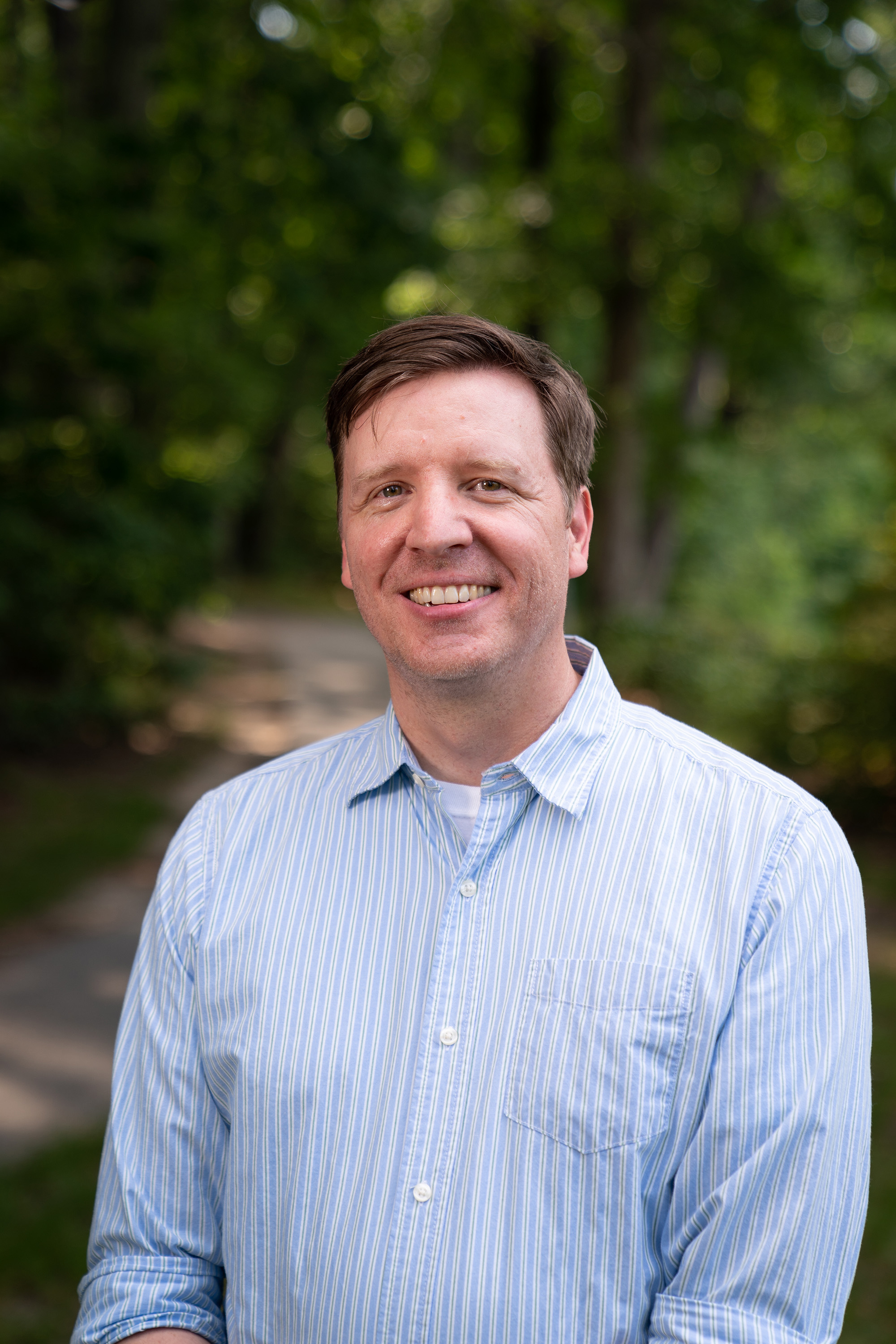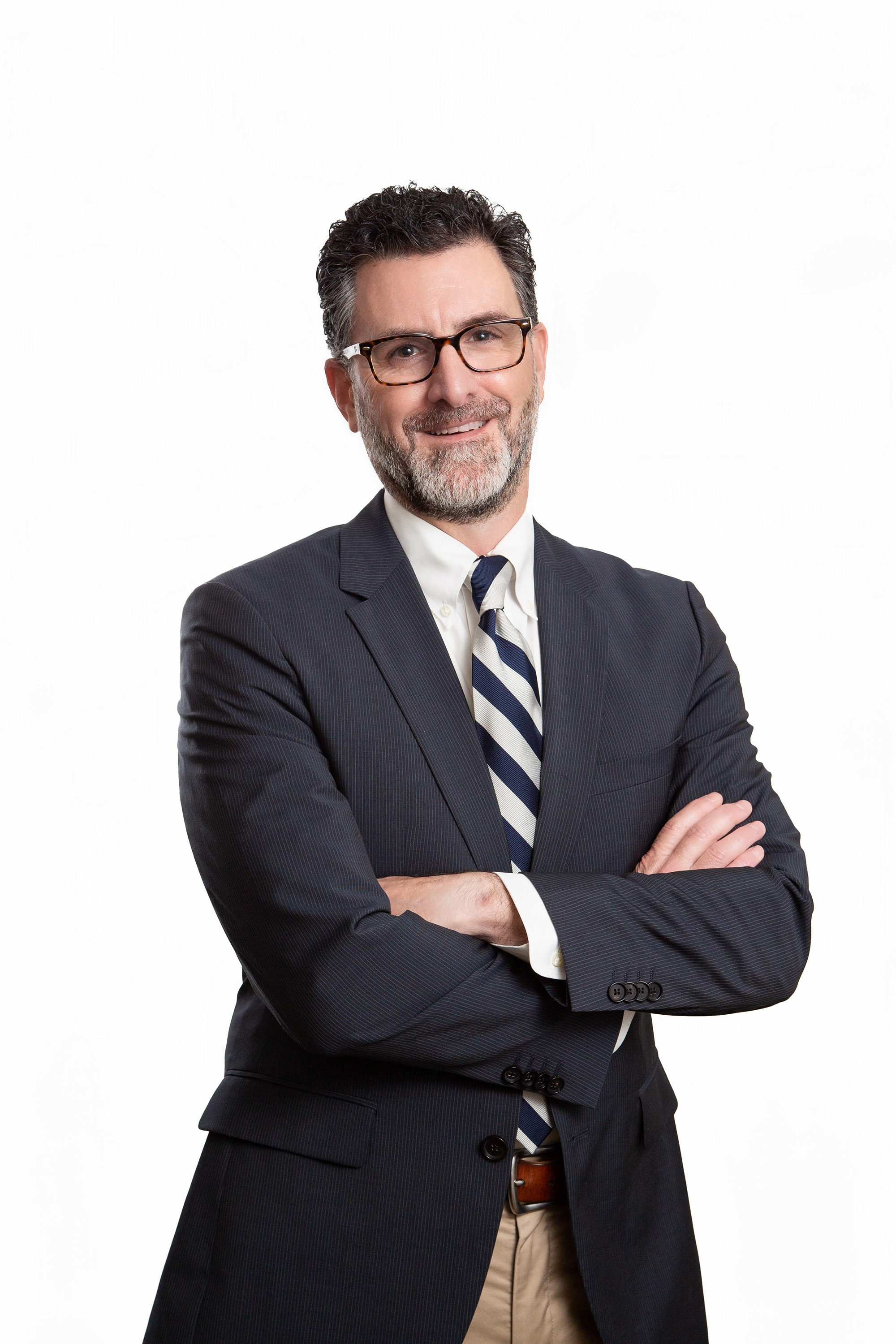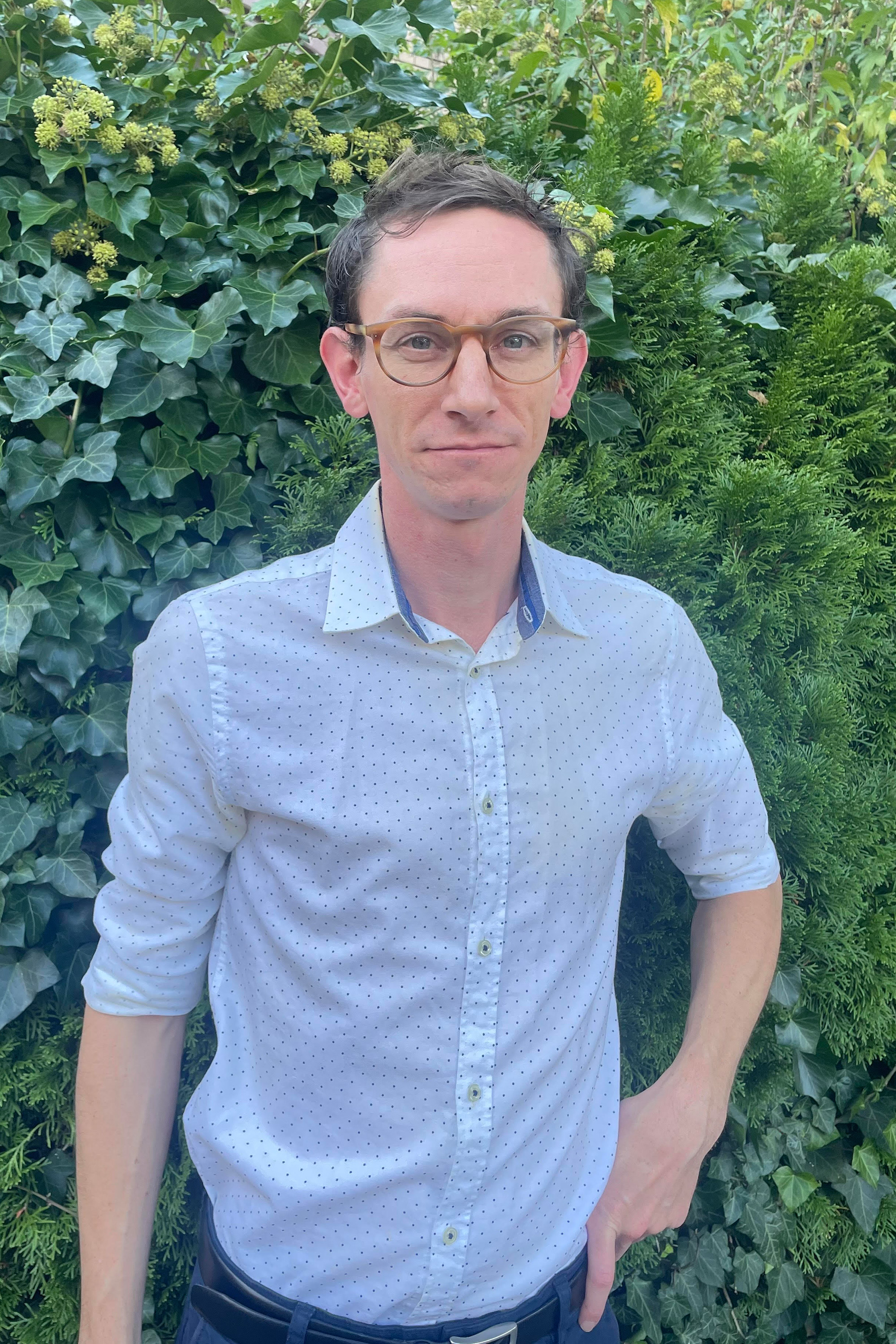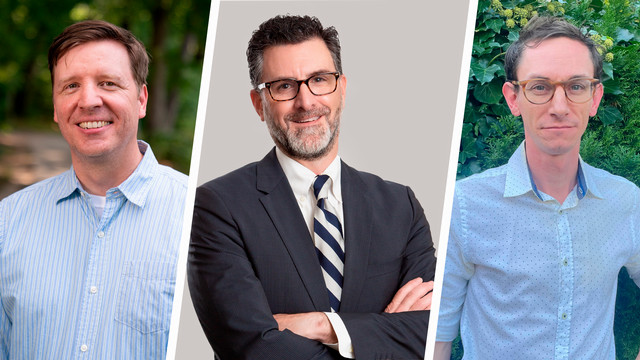For Richmond faculty, sabbatical means research, not rest
Research & Innovation
This year, about 36 faculty members are on sabbatical — traveling around the world researching new findings, advancing their projects, writing books and articles, and imagining new courses. Some will return to teach in the spring semester, while others won’t be back until the next academic year — but all will have fresh perspectives and new knowledge to share.
Three professors shared with UR Now how they are spending their time away from the classroom and what it will mean for the Richmond students awaiting their return.
Jory Brinkerhoff, professor of biology

Q: How will you be advancing your research?
I am working on several ongoing projects with collaborators from Japan, including studying an invasive tick species native to Japan and other parts of East Asia. In another project, a joint effort with colleagues at the U.S. Department of Agriculture, I will work to assess the effectiveness of a new compound at killing Lyme disease bacteria in ticks. We will use some newly purchased instruments in Gottwald Science Center to measure bacterial abundance in ticks and determine whether the new compound reduces this number. To my knowledge, these techniques have not been used in this context, so we expect some exciting results.
The USDA project will also likely serve as the foundation for a lab module in my upper-level course, and I plan to collect tick samples this fall for use by my research students and in my classes.
Q: You’re also spending this time developing a new EnCompass course you plan to teach in spring 2027. What will the course cover, and how will you use this time to prepare?
The course will explore interactions between humans and the environment in the most populous metropolitan area on Earth: Greater Tokyo. We will look at access to natural areas, representation of nature in art and media, risk of natural disasters, depopulation of rural areas, and trends in human population growth.
Q: What is the most valuable part of a sabbatical?
A sabbatical is a crucial component of academic life. I will have opportunities to work and travel in ways that would be difficult — if not impossible — during a typical year. In addition, writing and research flows most smoothly when I have larger, two- to four-hour blocks of time to read papers, think about my work, do analysis and lab assays, and write.
Randy Raggio, professor of marketing

Q: What will you be working on during your sabbatical?
Everything that I’m working on now has an AI component to it, which was not a focus that I had planned on when I applied for the sabbatical last fall. I’ve gone from knowing that AI exists to reading about its capabilities to actually using it. I went from minus 40 to 20, not 0 to 60. I can help companies understand what it takes to learn these tools since I'll be on the same learning curve as many of their employees.
I’ve already completed a project with Hamilton Beach analyzing panels of synthetic consumers that provide feedback similar to that of real humans. We were trying to determine if you can use basic tools like ChatGPT, which are available to all companies, without providing any of their own data and without training the AI model. And the answer is yes, but only in certain cases. AI is good with certain kinds of questions, but there are others that it’s really bad at.
Q: How will you bring your research back to the classroom?
The short version is that I will never teach a class again that doesn’t have a significant AI component.
But I’ve been able to evaluate some of the outputs that AI provides when it makes strategic recommendations. Sometimes, it’s helpful because it confirms what I was already thinking. Other times, it’s really useful because it raises ideas I hadn’t considered. And occasionally, it suggests things that, based on my experience and understanding of the brand, company goals, the marketplace, and the industry, I know are unlikely to work.
That gives me a strong reason to emphasize the fundamentals, theories, and strategies that we talk about, because you have to know how to ask the right questions and then critically evaluate the responses you get.
Q: How is it beneficial to have this time to step away and focus on your research?
Everyone should regularly take time to reflect. I left the world of marketing, and after 25 years of pretty much just thinking, some of the doing muscles got a little atrophied. The advantage of having a sabbatical is the ability to update your perspective.
Thomas Manganaro, associate professor of English

Q: Your sabbatical will give you a chance to focus on your book, Saying and Showing in the Early Novel. What is the book about?
We tend to praise novels when they are not too “on the nose” about their meanings or ideas; creative writers are taught to show, not tell. But this is a very modern value, one that was first articulated about novels in the late 19th and early 20th centuries. My book looks back to the 17th and 18th centuries when prose fiction narratives were first being written, and when that wasn’t a value.
I want to look at all of the ways these older, often messy and inartful, books still convey meanings, ideas, and information that they don’t explicitly state or intend to say. These early novels have a lot to teach us about what novels can do and what many contemporary novelists are doing today.
Q: How will you spend your sabbatical?
Writing a book is a huge, daunting task. The only way is to do a bit every day. By the end of the year, I hope to have done the heavy lifting regarding research and have finished multiple chapters.
I am fortunate to be hosted by the Freiburg Institute for Advanced Studies, part of the University of Freiburg, as a guest researcher for the 2025–26 year. I will give a colloquium on my work, present papers at conferences, and participate in a works-in-progress group based in southern Germany.
Q: How do your sabbatical and book connect to the classroom?
I regularly teach on the 17th- and 18th-century novel and on contemporary novels. In all my endeavors, I am committed to exploring how historical approaches to literature can inform our understanding of the present and future of literature. Today, amid the rise of AI, I am especially curious about how literature escapes what can be summarized or paraphrased as deliverable content.

